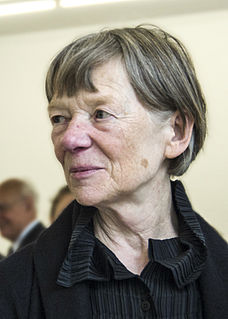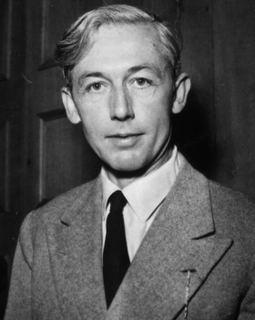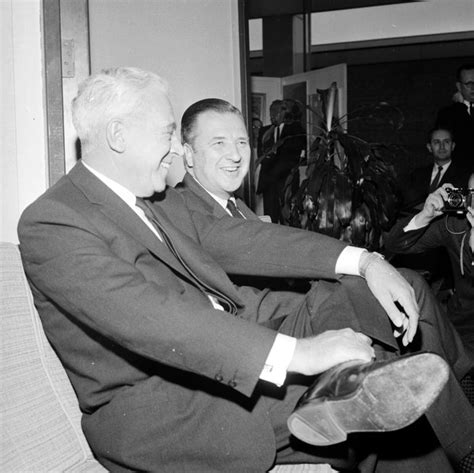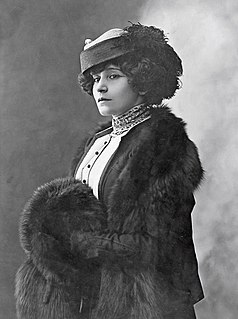A Quote by Jorge Luis Borges
We have a very precise image - an image at times shameless - of what we have lost, but we are ignorant of what may follow or replace it.
Related Quotes
The 'idea' for the poem, which may come as an image thrown against memory, as a sound of words that sets off a traveling of sound and meaning, as a curve of emotion (a form) plotted by certain crises of events or image or sound, or as a title which evokes a sense of inner relations; this is the first 'surfacing' of the poem. Then a period of stillness may follow.
I make one image—though 'make' is not the right word; I let, perhaps, an image be 'made' emotionally in me and then apply to it what intellectual & critical forces I possess—let it breed another, let that image contradict the first, make, of the third image bred out of the other two together, a fourth contradictory image, and let them all, within my imposed formal limits, conflict.
The image can only be studied through the image, by dreaming images as they gather in reverie. It is a non-sense to claim to study imagination objectively since one really receives the image only if he admires it. Already in comparing one image to another, one runs the risk of losing participation in its individuality.







































